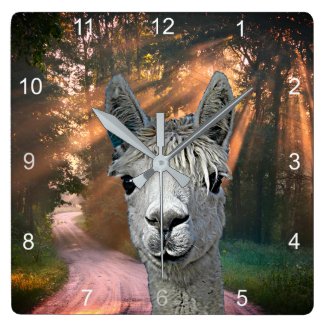NIGHT SHIFT
I was working as a nursing aide at a large country hospital before I enrolled at university. I mostly worked night shift, and enjoyed the quietness and the lack of hustle and bustle. The work was easy, just checking on patients through the night.
Some patients were in just overnight, for minor surgery, while other more serious cases where often heavily sedated and only required their life support equipment to be monitored.
This particular night was very quiet. Only half the beds were occupied, and only one of the special care rooms contained a serious case.
Christine, the aide I was to replace, met me as usual. It was two o’clock in the morning and she said everything was under control and the patients were all sleeping comfortably.
Then Christine took me to the special care room, and we stood outside while she gave me the details of the case, and what we were expected to do. She said that Matron had indicated that, at the moment, it was unclear whether the special care patient would last through the night.
